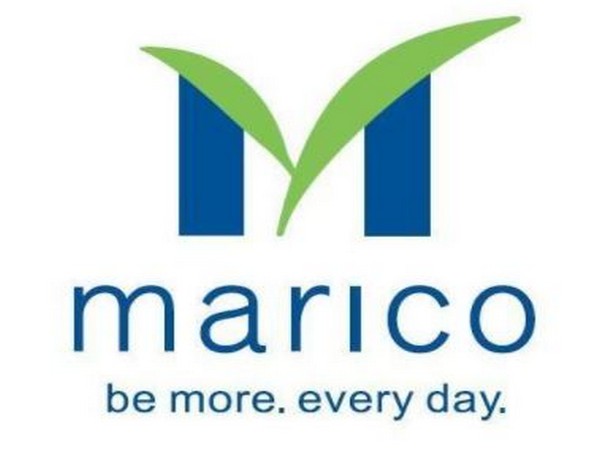On the occasion of National Energy Conservation Day, Marico Limited, one of India’s leading FMCG companies, shares its critical milestone in proactively minimising its environmental footprint by harnessing the power of renewable energy sources. According to the press release, 67.4% of Marico’s operational energy requirements (electricity and thermal) are addressed from renewable sources. One of the remarkable achievements for Marico in FY24 has been the near-complete transition to bio-based briquettes for thermal energy needs. This pioneering approach resulted in meeting more than 90% of the company’s operational thermal energy needs from renewable sources. Guided by a robust sustainability framework, this achievement reflects its continuous focus on powering sustainable progress through operational excellence, energy-efficient systems, and renewable energy options.
Marico has made meaningful progress towards its Sustainability Vision for 2030, building on the success of its inaugural 5-year sustainability targets. In line with this, the company has outlined a comprehensive strategy of achieving Net Zero operational emissions in India (across owned manufacturing units) by 2030 and in global operations by 2040. The company has established a central energy management cell to define reduction strategies and monitor performance. By integrating low-carbon technologies, investing in renewable energy, and employing carbon sequestration techniques, Marico aims to phase out fossil fuel usage entirely.
As part of its climate action plan, in India, Marico aims to reduce Scope 1 and Scope 2 GHG emissions by 93% and offset the remaining 7% emissions through sequestration and carbon offset by 2030. The company has already made significant progress, achieving a 79% direct GHG emissions reduction compared to its base year FY13. Aligned with this vision, all Marico manufacturing facilities are 100% coal-free and are focusing on transitioning to renewable sources to meet its operational energy requirements.
By deploying a set of structured interventions towards energy efficiency and environmental stewardship, the Perundurai facility has been externally certified as ‘carbon neutral’ for the fourth consecutive year. This state-of-the-art plant operates almost entirely on renewable energy sources and has been equipped with smart energy installations that enhance operational efficiency. Energy-saving measures in expellers, cookers, and conveying equipment, along with the use of clean fuels like bio-briquettes, have led to a steady decrease in greenhouse gas (GHG) emission intensity year-over-year. These efforts have enabled the company to surpass its emission reduction targets.
Notably, the Sanand unit in Gujarat has increased its renewable energy share by 2.8 times in FY24, making it one of the company’s most advanced manufacturing setups.
Commenting on these milestones, Mr. Amit Bhasin, Chief Legal Officer, Group General Counsel, and Secretary of the CSR Committee at Marico Limited, said, “Since our inception, we considered environmental stewardship as a core value. Pioneering steps like transitioning to coal-free operations and implementing the first agro-fuel-based boiler laid the foundation for further advancements. We have consistently sought the use of cleaner energy sources, culminating in the achievement of the first carbon-neutral plant certification and the installation of our first solar facility.
Building upon the Marico legacy of making a difference, we envision sustainable business-centric growth in the years to come. We strive to minimise our environmental footprint throughout the value chain, from sourcing to production and distribution. We are constantly innovating to improve energy efficiency and transition to renewable energy sources. By integrating environmental responsibility into every aspect of our operations, we are also committed to minimising the environmental impact of our products and packaging and create a sustainable roadmap for building a healthier planet for generations to come.”
Marico’s Sustainability Vision 2030 encompasses eight strategic themes, including Climate Change, Water Stewardship, Circular Economy, Responsible Sourcing, Purposeful Brands, Diversity and Inclusion, Sustainable Agriculture, and Corporate Governance. Guided by these themes, the company has implemented a robust framework to track and manage its environmental impact and aims to make a difference with multiple initiatives introduced across its global operations.
To read more about Ethanol Industry News continue reading Bioenergytimes.com















